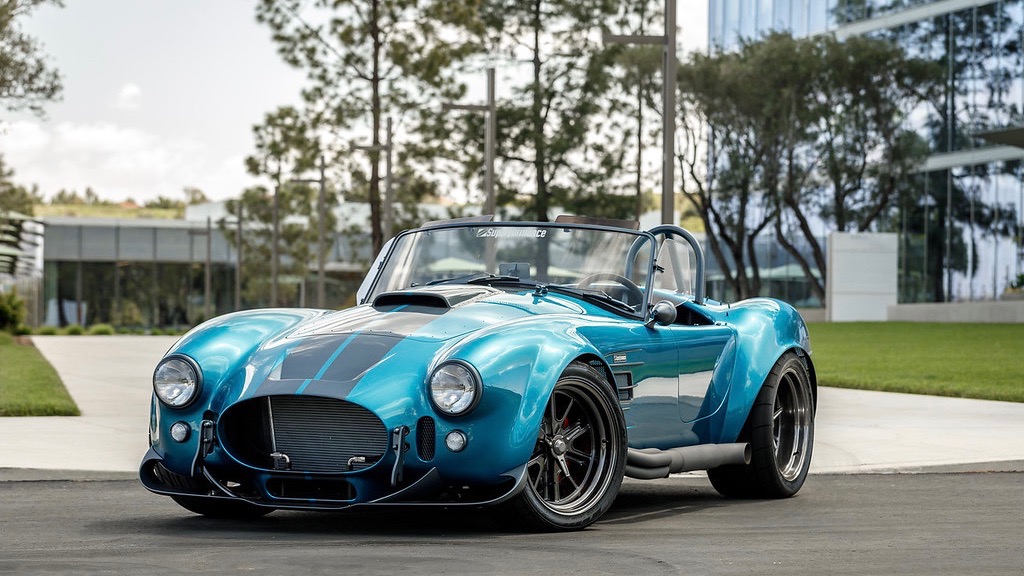...fixing formatting...
Into the Night said:
Much more so. It isn't, however, more practical than a gasoline or diesel car. Hydrogen just doesn't have as much energy.
That's worked out in the design making them just as powerful and efficient as ICE cars. But unlike battery cars you can carry extra fuel with you or refuel in just a few minutes for another 300+ miles of driving.
Sorry, dude. You cannot change the laws of physics by 'design'. Hydrogen just doesn't have the energy that gasoline or kerosene does, either by weight or by volume. That's a function of the molecule, dude. It has nothing to do with design.
You can certainly design a hydrogen vehicle to have power similar to ICE cars, but you use more hydrogen than a gasoline car would use to do the same thing.
Battery cars make no sense.
They do. Electric golf carts are most commonplace for a reason. They are simple and easily make it around 18 holes before requiring charging. Electric forklifts are commonly used in warehouses (and Home Depot and Lowes stores!) for a reason. They produce no smelly fumes indoors, and the batteries themselves provide the counterweight. A warehouse forklift can easily make it through a shift before requiring recharging. It doesn't move around much.
Electric cars are often great in snow. Their individual traction motors on each wheel can compensate for terrible conditions. These can make it up a slip test ramp with only one wheel given traction, and any wheel will do. Only Subaru, an ICE car, can do the same.
They make decent commuter cars. They are quiet (too quiet!) and do well in town and city driving. They can handle the short freeway use very well. Charging can easily be done when you return home. As a daily use vehicle used primarily for commuting and getting groceries, it does well.
It is horrible for over the road driving (long trips). It is horrible as a work vehicle like a truck that has to drive all day to haul dirt, logs, cement, or anything else.
Hydrogen cars certainly can be refueled in a few minutes, but they will use more fuel to accomplish the same thing that ICE cars do. That's just a function of the hydrogen molecule. You can't do anything about it.
In the end, there is no 'best' vehicle. Get what you want. Drive what you want. Mandating energy markets and vehicle use is just fascism.




